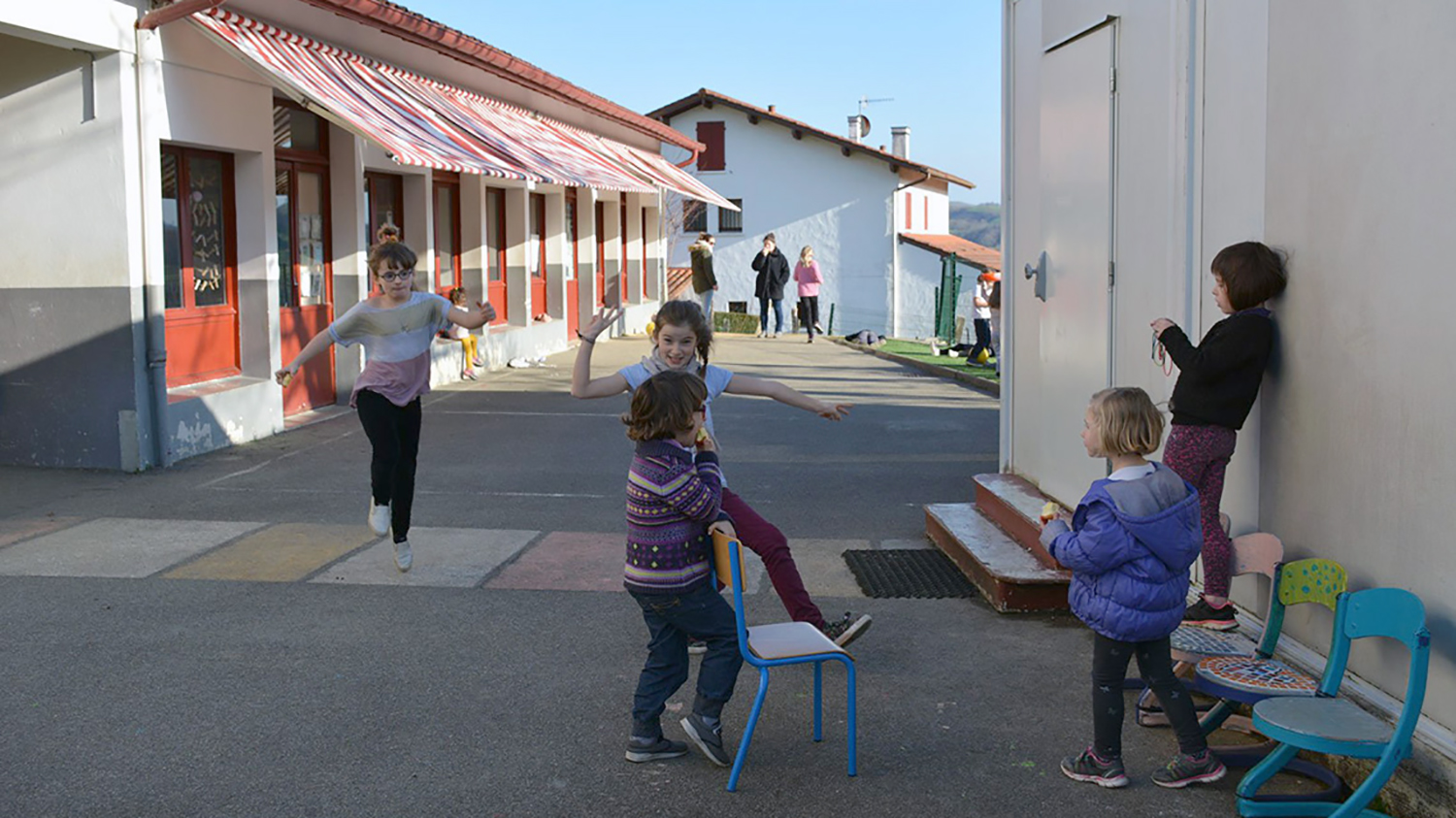The Spanish is bad, well, I don't know...
As my parents didn't know, I didn't pick up the Basque at home. But because in the history of our family the Basque Country did not want to lose another link, they took me to the ikastola, and with a lot of passion they tried to sow the seed of the language in my interior. What happens is that I didn't have contact with the Basque Country until I started working at the ikastola at the age of three, but yet surprisingly, I learned it very well, as the ancient masters have told me. Apparently, I already had the Basque identity in my bowels, so much so that I have the impression that it worked as the necessary compost for the Basque to collapse in me, helping words naturally along the way to my language.
I am grateful, of course. And not only because I had offered the Basque language, but also because they gave me the political keys to interpret the reality of the language, to which I am grateful, to a large extent, for the motivation that a child needs to choose the Basque language in the absolute supremacy of Castilian, in the sense of the minimum political conscience that gives meaning to the effort that must be made so that the Spanish inertia does not lead him.
"In view of the ideological involution we have suffered, it is a privilege for me to have received such a crude but rigorous account of the reality of Euskal Herria"
Yes, I am one of the times when children were told in their mouths that ours is a dominated people, the conflict in Euskal Herria (and language), which was situated in the context of an oppressed people. And not bad, because if I had been born beyond the age of 50, the discourse that would have been transmitted to me about the sociopolitical context of the Basque Country was very different, and certainly very different the conclusion.
I would not have said, for example, that ours is a dominated people, but a plural society. And by denying structural political domination, of course, it would not have been possible to explain the existence here of the Spanish and French language, nor to recognize that, considering that these languages are here imposed, the presence of these languages is a threat to the survival of the Basque Country here. Today, if it were not for imbalances to be avoided, for some it would be celestial multilingualism with the same magic as linguistic oppression, colonization and assimilation has become the coexistence between different sensibilities. Desirable characteristics of plural and modern societies that must be promoted and promoted to believe that we live in the worlds of Yupi.
Well, in view of the ideological involution we have suffered, it is a privilege for me to have received such a crude but rigorous account of the reality of Euskal Herria, which has come to me from the ttipi. At least in my case, the lesson is that the motivation that the Basque country has matured so firmly is based on the fact that it was not Spanish, that only the Spaniards should do so in Spanish, and that Spanish was not good here, since it was established with the aim of eradicating the Basque country.
From what I usually see in my talks on free education, the disaster and absurdity that this political tibidity has generated in Basque adults when it comes to influencing the linguistic habits of young people is evident.
Because, look, we want them to do it in Basque – and not in Spanish – but we want to reduce the use of Castilian without limits; because languages are not bad by themselves, but it hurts to listen to the children in Spanish or French; and we do not explain to them the reason for that pain, because that would be a policy, and children must be left out of politics, but without political reasons, what arguments could be against Spanish and French? But no, no, we are not against, all languages are enriching, also the Castilian languages here, but with the Basque language as the preferred language among all...
And then the question. How could we do that?
Well, do you forgive? ? Miracles in Lourdes.
Nafarroa Beherean, Aiherrako 'Beltzegitea' etxean kokatuko da Eguzkilore haurtzain-etxe berria. Euskara, natura eta motrizitate librea oinarri harturik, heldu den apirilean hasiko dira zerbitzua eskaintzen.
To be honest, I don't know why I'm writing this. In today’s hostile environment, opinions of this kind are not well received. Perhaps LUZ will not publish this because it does not correspond to the opinions they have published so far (but if they have finally decided to publish... [+]









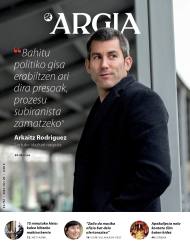

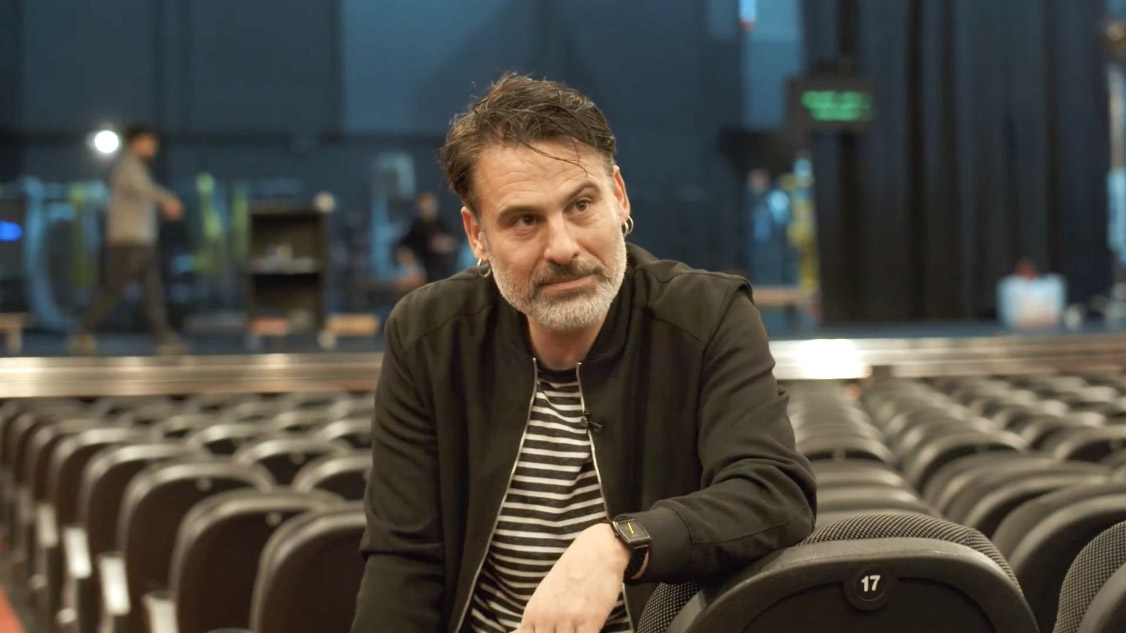

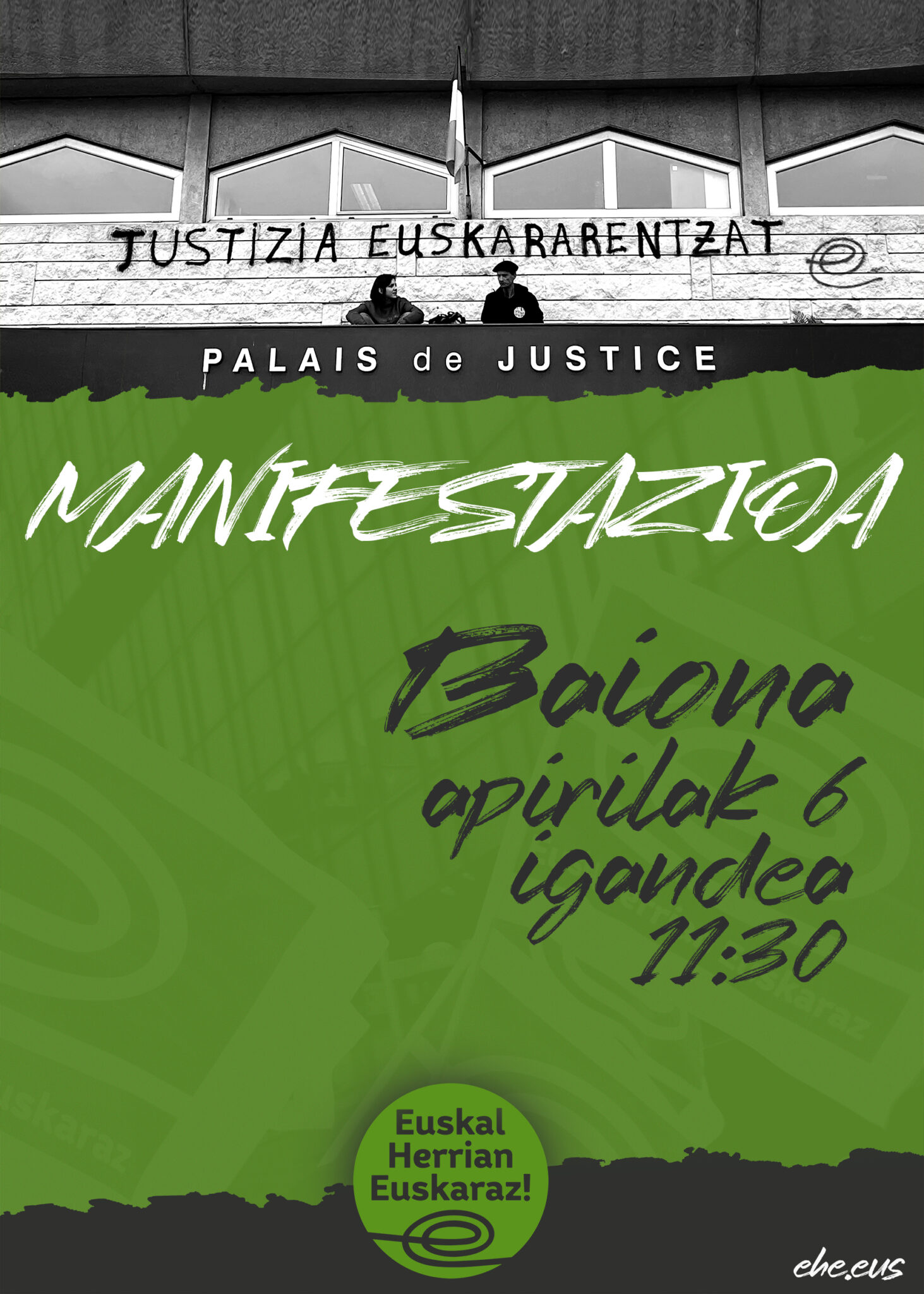

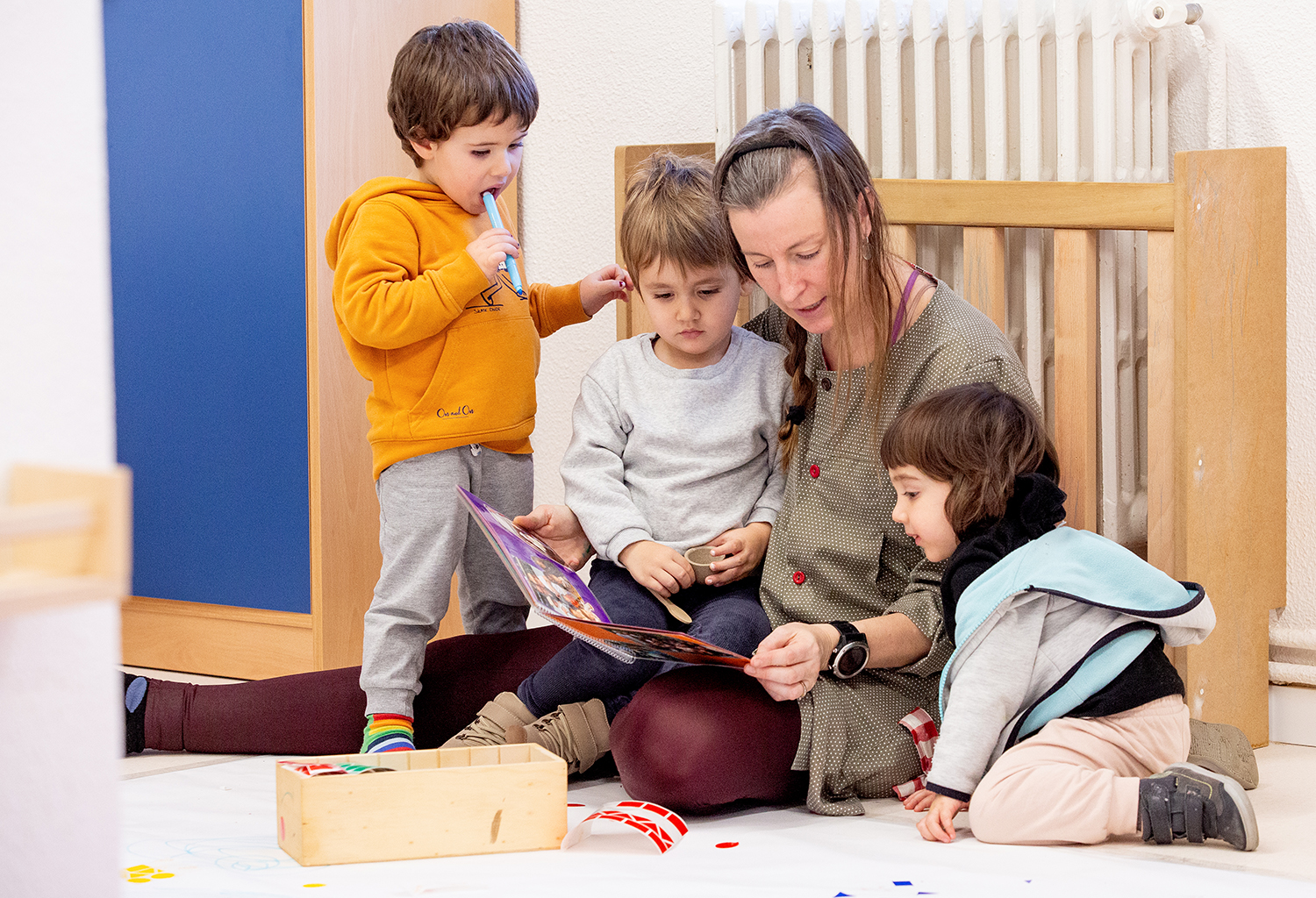
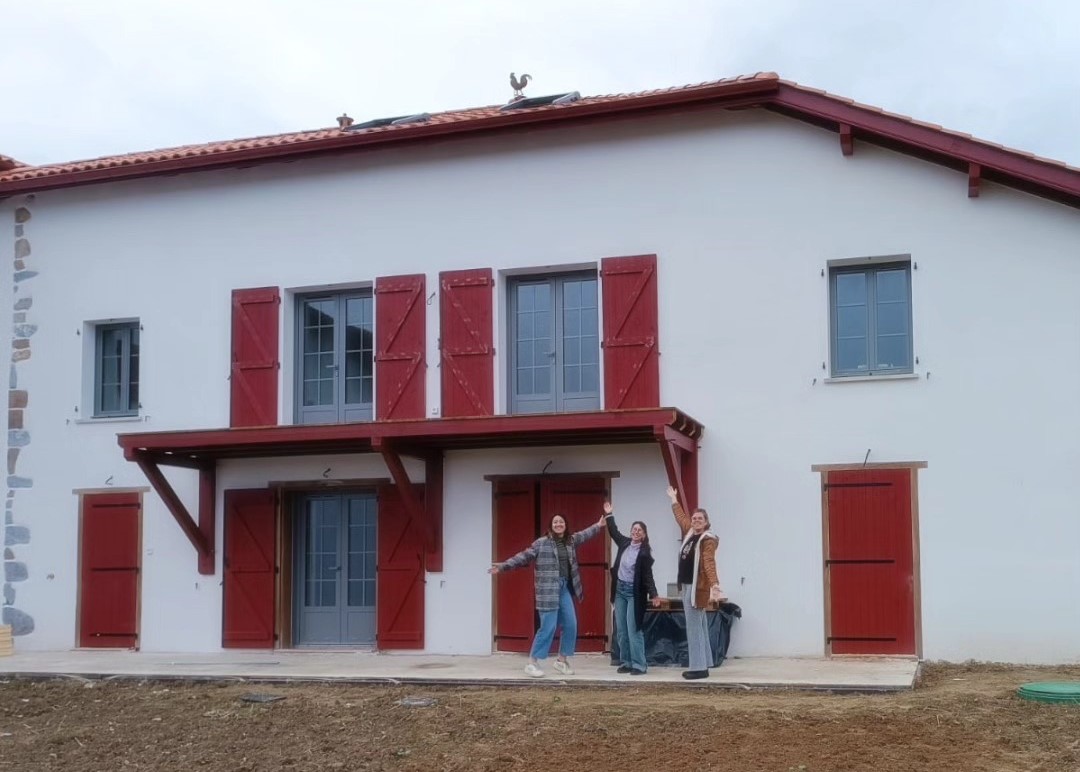

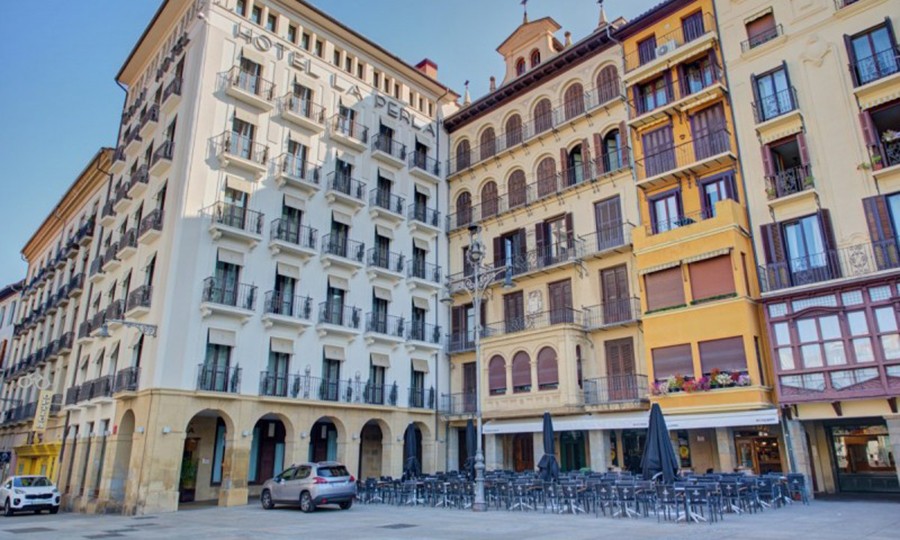

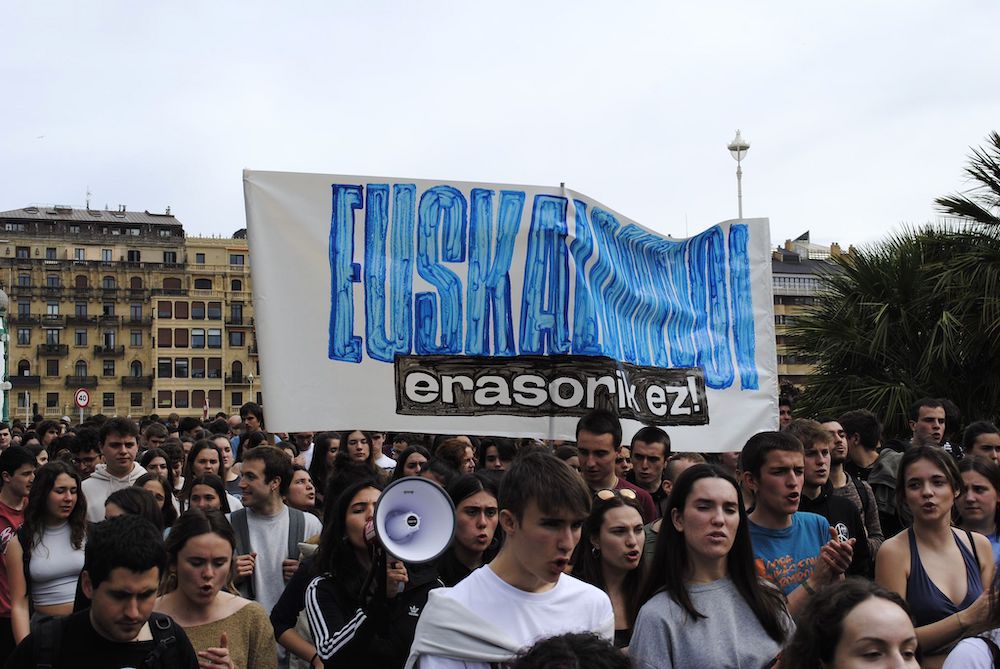
.jpg)

